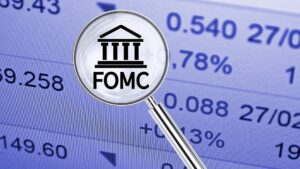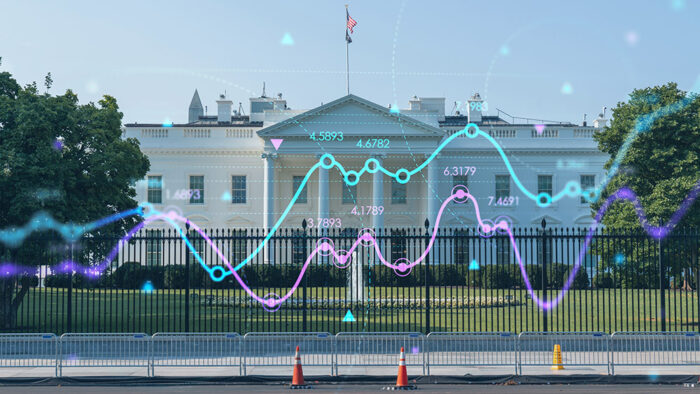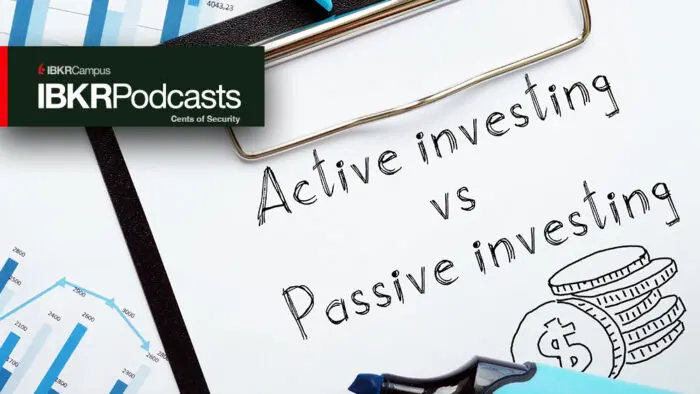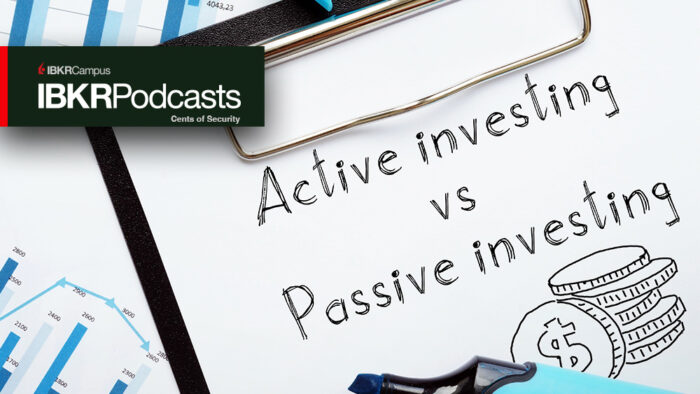For better or worse, my brain is swimming with song lyrics. As I sat down to describe this morning’s trading, two songs coursed through my brain. One was “Stronger (What Doesn’t Kill You), but if you know my musical tastes, you’d realize that Kelly Clarkson wasn’t going to cut it, even if that song is based on a quote by the far less sunny Friedrich Nietzsche. What took root instead was “Been Down So Long” by The Doors.[i]
Either way, you probably can see where I’m going with this. This week, investors had several good reasons to push equities sharply lower. Yet it feels as though we have reached a point where the bearish sentiment is so pervasive that traders can take relatively bad news in stride. Although I remain very concerned about the long term direction of risk asset prices amidst a period of central bank tightening, market psychology may have reached a short-term nadir.
As I write this, the S&P 500 (SPX) is up about 1.5%, though we are still down about 1% on the week. Yet as the chart below shows, we have plumbed far greater intraday depths. The bounces off those lows certainly felt like solid rallies, even if they only resulted in modest gains or losses:
6 Day Chart, 2-Minute Bars, S&P 500 (with line at last week’s close)

Source: Interactive Brokers
I am reminded of a comment that my first boss made to me in 1987: “One of the signs of a bear market is that it feels like a big win if we close unchanged.” I must admit that I needed to double check last week’s closing level because it felt as though we were trading above those levels. We’re not. But we’re also up about 3.5% in less than a day and a half, and that really does feel like a big win.
Side note – it also feels like volatility. A 3.5% move over two trading days is volatility. Socially acceptable volatility, to be sure, but volatility nonetheless. Bear that in mind if you find yourself wondering why VIX isn’t down even more on today’s rally.
Earlier this week we noted that a key to this earnings season would be how investors will respond to disappointment, writing:
While the banks’ results themselves can offer little in the way of a solid basis for extrapolation, they can offer a useful view into all-important investor psychology. This year’s prior two earnings seasons (January and April) showed us that investors were all-too-willing to punish companies that missed expectations. The pain was particularly acute for growth companies that were no longer growing rapidly – think Meta (META), Netflix (NFLX), and Amazon (AMZN) for starters. While no one would mistake a major bank for a growth stock, it will be important to see if investors are in a relatively forgiving mood if the banks disappoint.
Every earnings season brings its share of disappointments. If traders can reward positive surprises while largely shrugging off the nasty ones, then we get an important clue that market psychology might be turning. While I am loath to draw too many conclusions from two days of bank earnings, the 10% jump in reaction to Citigroup’s (C) earnings, the recovery that Morgan Stanley (MS) showed yesterday after early disappointment, and JPMorgan Chase’s (JPM) full recovery today after a bad earnings day yesterday show that traders may be more willing to forgive than punish right now.
One other “tell” that the path of least resistance might be upwards in the short-term is that investors have been piling into inverse leveraged ETFs like SQQQ and SPXU. Markets have a nasty way of penalizing overcrowded trades, and if the boat is listing too far to the short side, it is more likely to lean in the opposite direction rather than capsize. The biggest declines occur when people aren’t expecting them, not when they’re ready for them. Furthermore, most traders are very uncomfortable with a short bias. It’s human nature to trade from the long side, whereas the short side requires a disciplined, counterintuitive approach that is not easily learned.
In the article linked above, I’m quoting as saying “Smart traders adapt if they want to stay in the game.” In the piece, it referred to the notion that traders had increased their short positions because of market conditions. But it also applies to the need for traders who have been short to recognize the potential for a short-covering rally. It would not surprise me in the least if the next move was higher.
That said, keep these two important factors in mind. First, don’t fight the Fed. Even if we seem ok with a 75 or 100 basis point rate hike, the Federal Reserve still has a restrictive stance. And remember that they have only begun to timidly implement their promised balance sheet reduction. They have been raising the cost of money, by raising rates, but not doing much to shrink the amount of money via quantitative tightening. Second, if we do get a solid rally, remember that bear market rallies are short, sharp and ferocious. If we rally because there appears to be meaningful positive shifts in the economy and central bank stances, then the move higher could indicate a lasting bottom. If we rally from oversold conditions simply because market psychology became too grim, then the rally is likely to be short-lived.
—
[i] Permit me a brief musical digression here. I wanted to check if Jim Morrison had indeed come up with the phrase “I’ve been down so long that it looks like up to me”. It appears to be appropriated from the title of a 1966 countercultural novel with that title by Richard Fariña. The book’s title in turn appears to be inspired by a lyric in a 1928 blues song by Furry Lewis entitled “I Will Turn Your Money Green.” I’ve had some fun imagining the horror amongst my colleagues in Compliance if I had used that as a title…
Disclosure: Interactive Brokers
The analysis in this material is provided for information only and is not and should not be construed as an offer to sell or the solicitation of an offer to buy any security. To the extent that this material discusses general market activity, industry or sector trends or other broad-based economic or political conditions, it should not be construed as research or investment advice. To the extent that it includes references to specific securities, commodities, currencies, or other instruments, those references do not constitute a recommendation by IBKR to buy, sell or hold such investments. This material does not and is not intended to take into account the particular financial conditions, investment objectives or requirements of individual customers. Before acting on this material, you should consider whether it is suitable for your particular circumstances and, as necessary, seek professional advice.
The views and opinions expressed herein are those of the author and do not necessarily reflect the views of Interactive Brokers, its affiliates, or its employees.
Disclosure: ETFs
Any discussion or mention of an ETF is not to be construed as recommendation, promotion or solicitation. All investors should review and consider associated investment risks, charges and expenses of the investment company or fund prior to investing. Before acting on this material, you should consider whether it is suitable for your particular circumstances and, as necessary, seek professional advice.
Disclosure: Complex or Leveraged Exchange-Traded Products
Complex or Leveraged Exchange-Traded Products are complicated instruments that should only be used by sophisticated investors who fully understand the terms, investment strategy, and risks associated with the products. Learn more about the risks here: https://gdcdyn.interactivebrokers.com/Universal/servlet/Registration_v2.formSampleView?formdb=4155






























